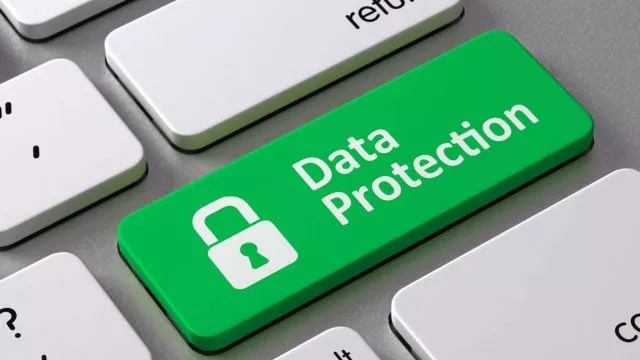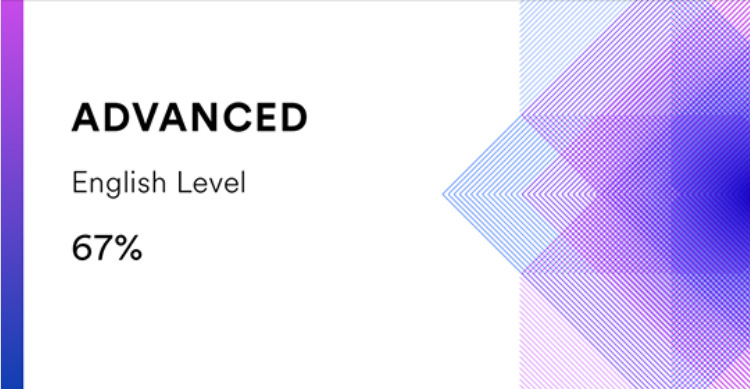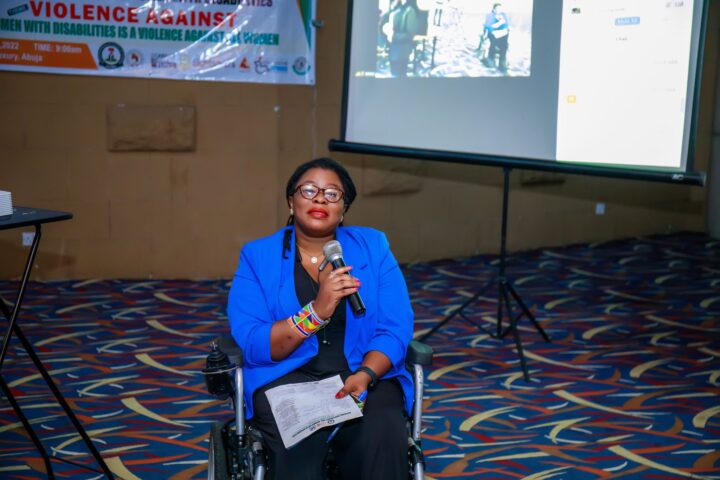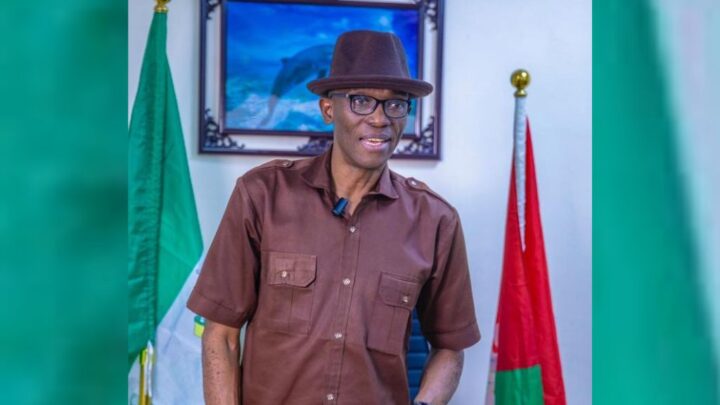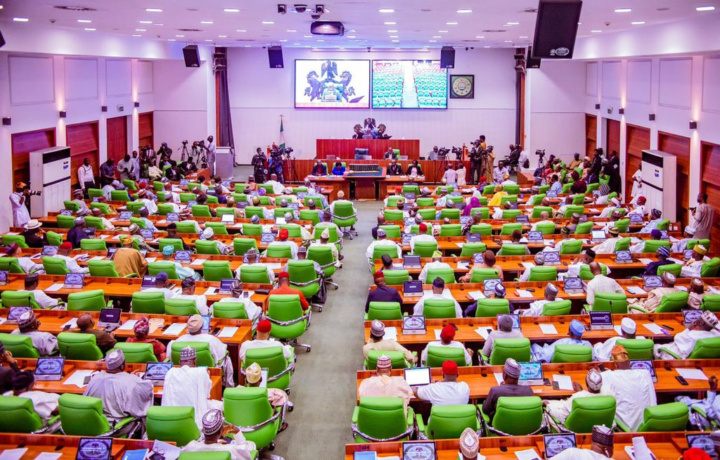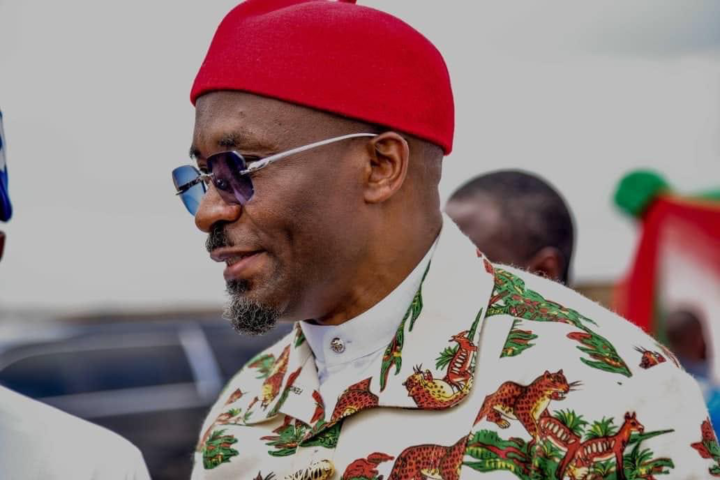The Data and Digital Rights Coalition, a civil society organisation, has raised concern over “increase in online censorship in Nigeria”.
In a statement on Monday, the coalition said the rise in online censorship has made it difficult for Nigerians to exercise digital rights and freedom of expression.
On June 12, President Bola Tinubu signed the Nigeria Data Protection Act (NDPA) into law to protect the privacy and rights of citizens to free speech.
The coalition lamented data misuse among government organisations and industries, while stating that no agency has been fined for data breach in Nigeria.
Advertisement
“The NDPA ensures the fair and legal handling of personal information. The Act also holds data controllers and processors accountable for their responsibilities to data subjects,” the statement reads.
“It is hoped that the NDPA will create an environment where citizens can freely express themselves, participate in civic spaces, and protect their privacy.
“This is essential for a thriving democratic society amidst growing concerns over censorship, surveillance, and data misuse.
Advertisement
“Nigeria, like many other African nations, faces mounting challenges safeguarding freedom of expression and digital rights.
“Online censorship and surveillance have increased in recent years, limiting individuals’ ability to voice dissent and access information freely.
“Internet penetration in Nigeria reached 55.4% in January 2023.
“According to Surfshark‘s report, there has been a 25% increase in government requests for citizen data from tech companies in 2021.
Advertisement
“Data breaches in Nigeria rose by 64% in the first quarter of 2023, making Nigeria the 32nd most breached country out of 160 countries.
“Despite the government being the most culpable for data breaches, no agency has been fined.
“However, businesses, such as telcos and banks, continue to introduce new technologies that may put Nigerians at risk of data breaches and identity theft.
“We are deeply concerned about the democratic backsliding and how the government is using law enforcement agencies and the criminal justice system to suppress civic space.”
Advertisement
Add a comment
